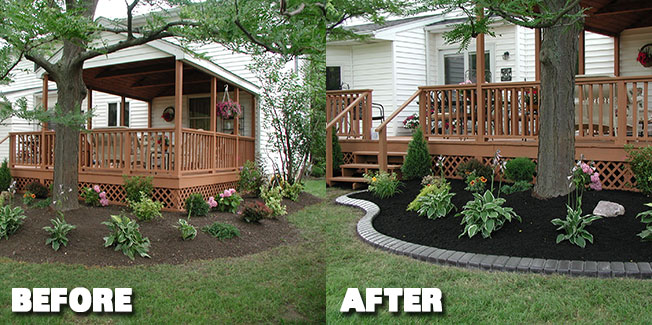Posts Tagged “Nova Scotia Retirement Homes & Communities for Seniors”

If you are a baby boomer with retirement insight, you may be grappling with whether to downsize to another home, condo, or apartment that you buy or rent or stay put. In Canada, wherein many areas housing inventory is low, many of your contemporaries are deciding to upgrade their homes so that they can age…

Are you a baby boomer or senior ready to make a housing change? You might be interested to know that you are part of a growing trend in Canada. According to the National Association of Realtors (NAR), nearly half of all Canadians are retirees or baby boomers approaching retirement. Among real estate agents in Canada…

For many families, the death of a loved one is followed by family squabbling over possessions. In a previous blog, we discussed the importance of having a will, which should designate who inherits certain possessions. Today we will discuss ways to simplify the distribution of your property. What Happens To Your Property When You Pass…

Few people relish the thought of dying, yet you ultimately have no say as to whether you will die or the details of your demise – even if you try to extend your lifespan by healthy living and excellent medical care. You do have some control over what happens to your assets after your passing…

Whether you plan on selling your home this spring or just want to clean it up, paring down your possessions is a freeing experience. With unused things removed, you can accommodate the grandchildren coming to visit. The Easy Decisions You may look around your home and quickly see the importance of getting rid of furniture…

When you list your home for sale, don’t overlook the importance of your exterior landscaping as a tool for increasing the volume of potential buyers and selling your home more quickly. In real estate, while you can’t always “tell a book by its cover,” having a home with curb appeal is more likely to get…

When you sell your home, expect that potential buyers do require a professional home inspection before they complete the transaction. Not all buyers request this, but preparing your home for an inspection can prevent unwelcome surprises. You don’t want the buyer to back out of their contract to buy or delay the closing because of…

Even if you have retired and are making do on your fixed income, be aware that scammers want to take advantage of your situation. They may call you on the phone, send you an email, or a snail mail communication, or work from a website to offer an attractive deal. Furthermore, to prevent increasing your…
